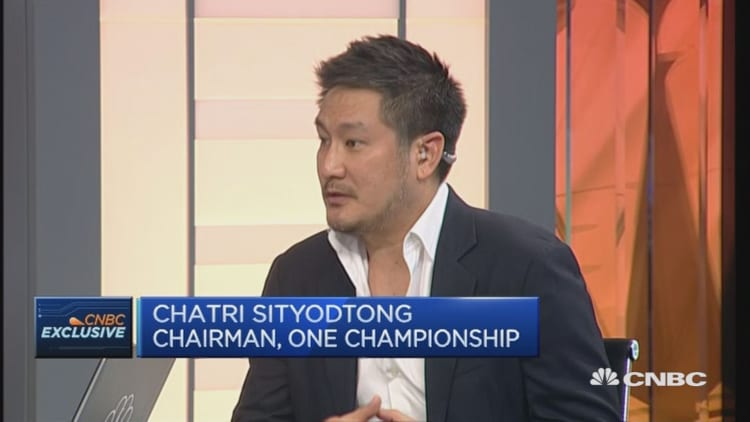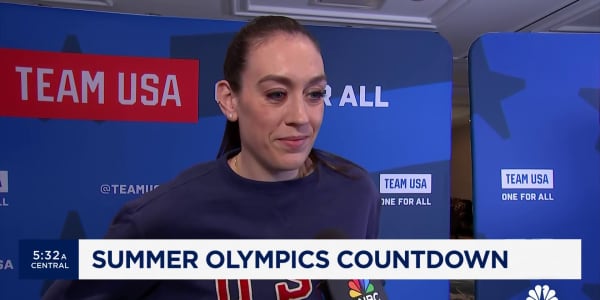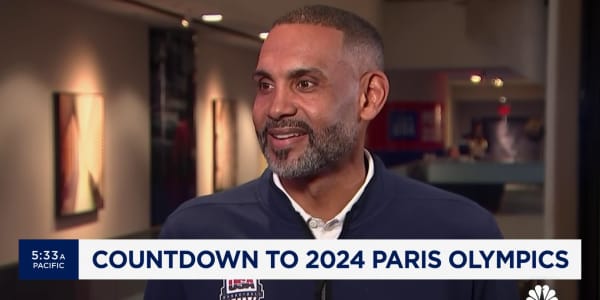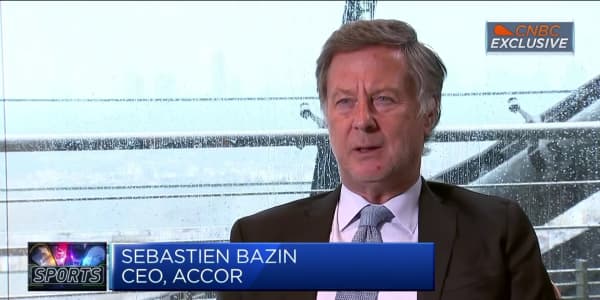Joseph Schooling, winner of Singapore's first ever Olympic gold medal, will not be required to undergo mandatory National Service (NS) until after the 2020 Olympic Games.
Singapore's Ministry of Defense (MINDEF) announced the decision on Monday after the 21-year old requested deferment from NS in order to train for and compete in the 2020 Olympics in Tokyo.
Singapore, which has a population of 5.5 million, requires its male citizens and permanent residents to serve a two-year period of military training, known as NS, when they turn 18. Men are liable to serve a maximum of 40 days of NS every year until the age of 40 or 50, even after completing the two-year period.
The program is designed to provide additional manpower to the regular armed forces as well as "foster cohesiveness, build strength of character, grow in maturity and develop leadership skills," according to MINDEF. Evasion of NS can lead to potential prosecution, imprisonment for up to three years, and a fine of up to $3,700.
Schooling created a new Olympic record in the men's 100 meter butterfly race in Rio de Janeiro on Saturday, beating Michael Phelps—one of the most decorated Olympians of all time—and earning himself a place in Singapore's history books.
Immediately following Schooling's victory, a heated debate hit Singapore's social media community as to whether Schooling would be forced to abandon training in order to complete NS.
The athlete was due for enlistment back in 2014 but had successfully applied for deferment to train for and compete in the 2016 Olympics.
The topic of NS is a sensitive one among many Singaporeans.
The wealthy Southeast Asian nation has experienced an uninterrupted stretch of peacetime since gaining independence in 1965 but it maintains a robust military presence regardless.
From 2010-2014, Singapore ranked among the world's 10 largest importers of major weapons, accounting for 3 percent of global arms imports, according to the Stockholm-based International Peace Research Institute.

For 2016, the government announced a defense budget of $10.2 billion, a 6.4 percent annual increase--nearly double the 3.5 percent average increase seen during the past five years, according to research firm IHS Jane's.
Defense expenditure now accounts for 3.4 percent of overall gross domestic product.
The country built up its military following an acrimonious split with Malaysia in 1965 and invests heavily in defense in case of coercion by bigger powers or broader global conflict, according to strategists. Increased military spending by larger Asian countries, such China and India, as well as global piracy and terror threats are also commonly cited as factors at play.
Out of his $1 million Olympic prize money, Schooling will only take home around $650,000 following a mandatory 20 percent contribution to the Singapore Swimming Association and income tax deductions, local media reported.
According to the Singapore National Olympic Council, "it is mandatory for all athletes to plough back a certain percentage to their National Sports Association [in Schooling's case, swimming] for future training and development."




